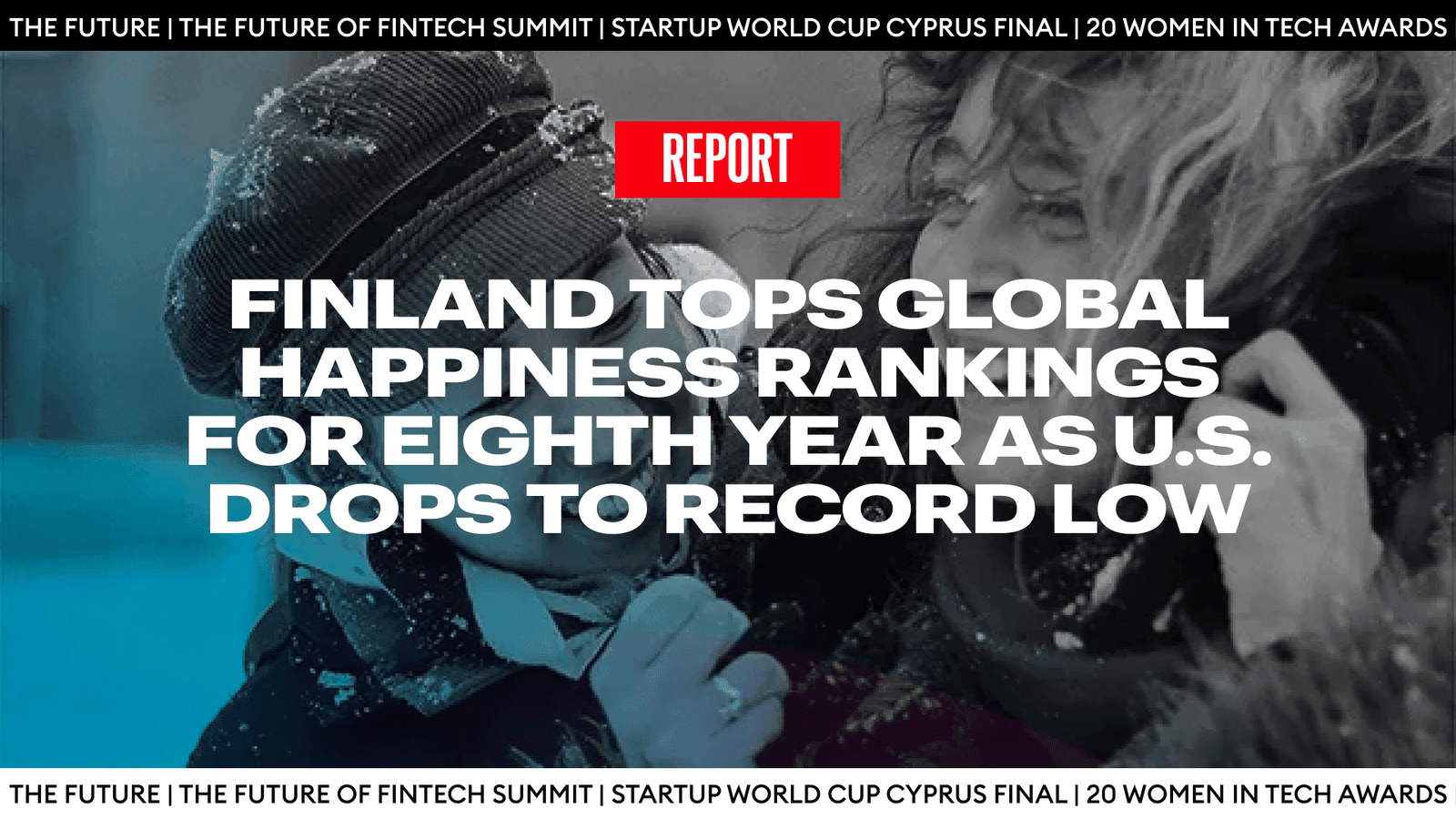For the eighth consecutive year, Finland has been crowned the happiest country in the world, according to the 2025 World Happiness Report. Nordic nations continue to dominate the rankings, with Denmark, Iceland, and Sweden securing the next three spots. The report, published by the Wellbeing Research Centre at the University of Oxford in partnership with Gallup and the UN Sustainable Development Solutions Network, underscores a clear trend: happiness isn’t just about wealth—it’s about trust, social connection, and a sense of security.
What Drives Happiness? More Than Just Money
The rankings are based on how people evaluate their own lives, but researchers emphasize that true happiness stems from simple yet powerful factors: strong social ties, shared experiences, and a sense of community. According to the report, something as basic as regularly sharing meals with others can significantly boost well-being. Household size also plays a role—families of four to five members report the highest happiness levels, particularly in Mexico and parts of Europe.
Follow THE FUTURE on LinkedIn, Facebook, Instagram, X and Telegram
One of the most striking findings highlights the role of trust in everyday life. A strong predictor of national happiness? The belief is that a lost wallet will be returned. Nordic countries, unsurprisingly, rank highest in both expected and actual wallet returns, reflecting a culture of integrity and mutual care.
The U.S. Slips To Its Lowest-Ever Happiness Ranking
While European countries dominate the top 20, the United States has experienced a sharp decline, dropping to 24th place—its lowest position in the report’s history. A decade ago, the U.S. ranked 11th. Experts link the decline to a rise in social isolation, with the number of Americans dining alone increasing by 53% over the past 20 years. The United Kingdom also hit a record low, ranking 23rd.
In contrast, Latin America saw a surprising breakthrough. Costa Rica and Mexico entered the top 10 for the first time, ranking 6th and 10th, respectively. Their secret? Strong social networks, confidence in leadership, and a collective sense of optimism.
A Global Crisis Of Social Connection
The report raises concerns about rising loneliness, particularly among young people. In 2023, nearly 19% of young adults worldwide reported having no one they could rely on for social support—a staggering 39% increase since 2006. Researchers warn that social isolation could have long-term effects on both mental health and economic productivity.
Happiness Rankings: The Global Picture
Here’s how the world’s happiest countries stack up in 2025:
- Finland
- Denmark
- Iceland
- Sweden
- Netherlands
- Costa Rica
- Norway
- Israel
- Luxembourg
- Mexico
Meanwhile, Afghanistan remains the world’s least happy country, followed by Sierra Leone, Lebanon, Malawi, and Zimbabwe.
Cyprus finds itself in 67th place, highlighting room for improvement in social trust and well-being.
The Takeaway: Investing In What Truly Matters
As the report makes clear, happiness isn’t solely about GDP—it’s about fostering environments where people feel connected, supported, and valued. “If we want stronger communities and economies, we must invest in what truly matters: each other,” says Jon Clifton, CEO of Gallup.
In a world grappling with polarization and uncertainty, the research offers a hopeful reminder: people are kinder than we often assume. Recognizing that could be the first step toward a happier future.













